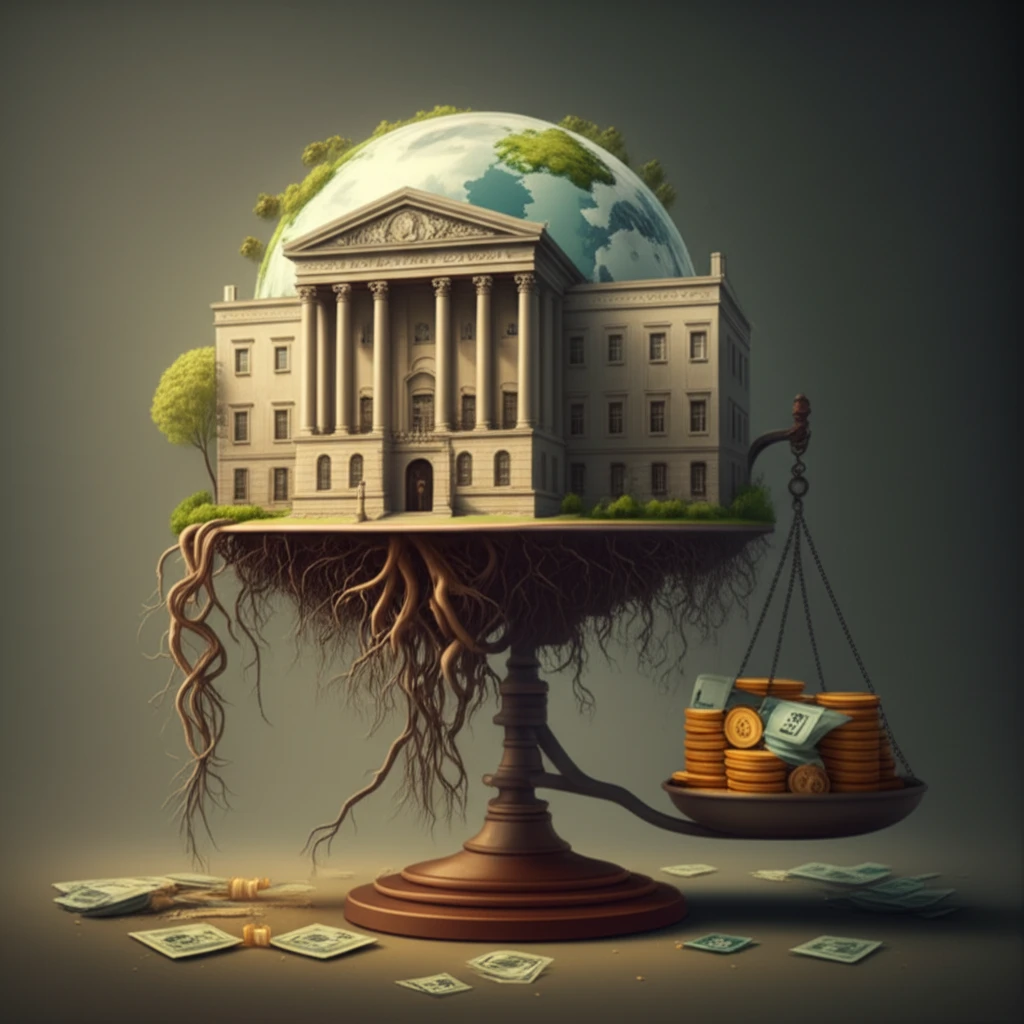
Is Globalization Eroding the Core Values of Higher Education?
"A critical look at how the WTO and commercial interests are threatening the traditional ideals of universities and academic freedom."
For centuries, universities have stood as pillars of knowledge, research, and societal contribution. However, a significant shift is underway. Higher education is increasingly viewed as a commercial product, bought and sold in a global marketplace. This transformation raises critical questions about the core values of universities and their role in society.
The World Trade Organization (WTO) is considering proposals that could bring higher education under its regulatory umbrella. This move, supported by for-profit education providers, aims to subject the import and export of education to international trade rules, potentially overriding national and institutional control.
This initiative poses a severe threat to the traditional ideals of the university, potentially undermining academic freedom, national educational policies, and the accessibility of education, especially in developing countries. Understanding the implications of this shift is crucial for safeguarding the future of higher education.
How is Globalization Reshaping Higher Education?

Globalization's impact on higher education is undeniable. Universities worldwide are grappling with massification, technological advancements, and increased demands for accountability. These trends have led to greater interconnectedness among academic institutions, with English emerging as the dominant language for scientific communication and teaching.
- Increased Competition: Smaller institutions struggle to compete with well-funded universities in developed countries.
- Dominance of Western Norms: The values and knowledge systems of dominant countries can overshadow local perspectives and practices.
- Commercialization of Knowledge: Knowledge is increasingly treated as a commodity, leading to a focus on profit rather than societal benefit.
Protecting the Values of Higher Education in a Globalized World
As higher education becomes increasingly integrated into the global marketplace, it is crucial to safeguard its core values. Governments, academic institutions, and the public must work together to ensure that universities remain centers of learning, research, and societal contribution, rather than simply becoming commercial enterprises. By prioritizing academic freedom, supporting national educational policies, and promoting accessibility for all, we can ensure that higher education continues to serve as a vital force for progress and development.
